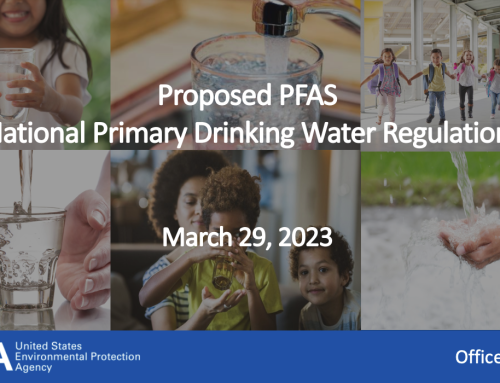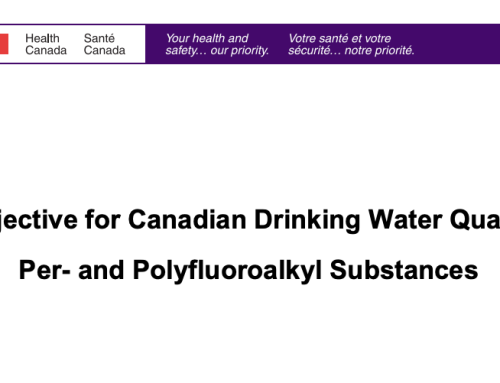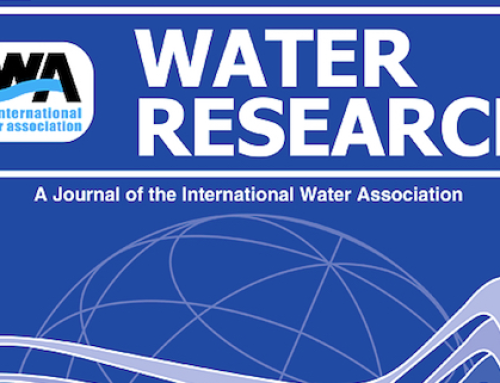Hi all…as drinking water regulators become more aware of cognitive and behavioural issues associated with manganese, new guidelines and regulations are being considered or enacted. A just published review has concluded that “Regardless of the limitations of the studies analysed, the adverse effects of manganese exposure from drinking water on school-aged children is sufficiently demonstrated.” In 2016, Health Canada proposed both a maximum acceptable concentration (MAC) and an aesthetic objective for total manganese in drinking water of 0.1 mg/L (100 μg/L) and requested public comment. It appears as if a new MAC will be issued in the very near future. The article does not address the issue of drinking water guidelines or regulations.
Bill
The Effects of Manganese Exposure from Drinking Water on School-age Children: A Systematic Review
P.U. Iyare
Neurotoxicology 73 (2019) 1–7
https://www.sciencedirect.com/science/article/pii/S0161813X18304340?via%3Dihub
Abstract
“The aim of this study was to analyse the published literature on the potential effects of manganese exposure from drinking water on school-age children, with emphasis on cognitive, and neurodevelopment and behavioural effects. A systematic review of up-to-date scientific evidence published from 2006 to 2017 was conducted using Science Direct. A further search was carried out using PubMed and Web of Science. A total of 21 studies were reviewed and categorised into 12 cognitive and 9 neurodevelopment and behavioural effects. The most utilised cognitive test was the Wechsler Intelligence Scale for Children (WISC) or some subtests from it. 10 of the 12 studies on cognitive effects reported an adverse effect of manganese exposure from drinking water on children. 3 out of the 9 studies on neurodevelopment and behavioural effects reported that manganese exposure from drinking water was associated with poorer neurobehavioural performances in school children. 4 others implied the presence of some sex-specific associations with manganese exposure. 1 study suggested that children suffering from attention deficit hyperactivity disorder (ADHD) may be more susceptible to manganese exposure. Another study suggested that manganese was a beneficial nutrient as well as a neurotoxicant. Regardless of the limitations of the studies analysed, the adverse effects of manganese exposure from drinking water on school-aged children is sufficiently demonstrated. Further investigation into the subject to address inconsistencies in existing studies is recommended.”





